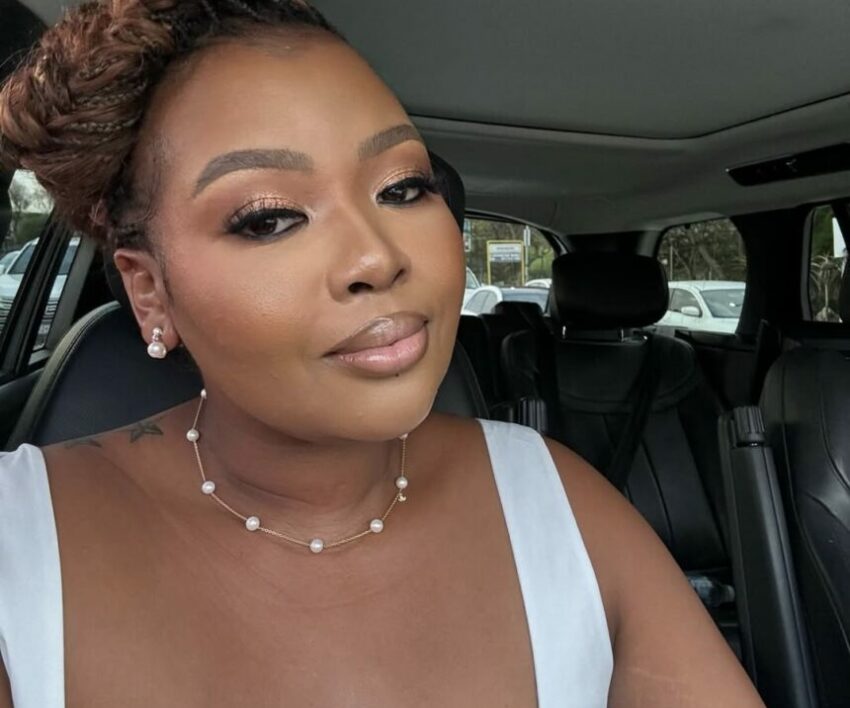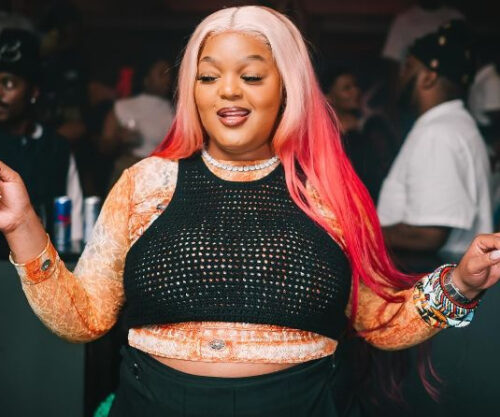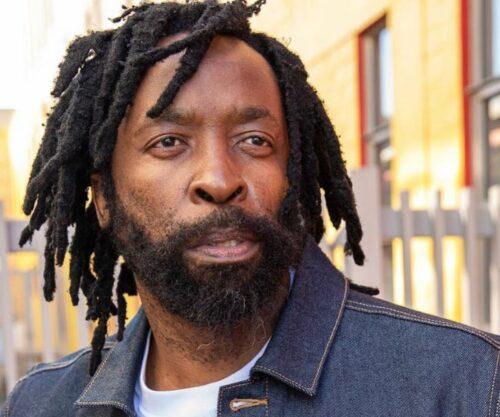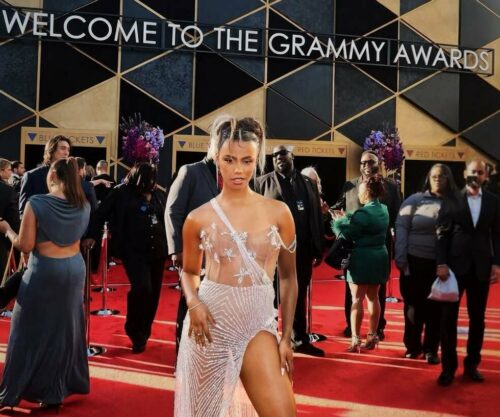
The Podcast Moment That Sparked a Storm
A casual episode of the AmaGents podcast turned into something bigger for one of South Africa’s most visible broadcasters. During a recent recording by hosts Penuel Mlotshwa and his brother Penson Mlotshwa, guest Ike Khumalo boldly claimed that Anele Mdoda’s success in radio and TV wasn’t her own doing, pointing to her family connections instead of her talent. The moment cut across social media and emerged as one of those “did you hear that?” clips.
Mzansi Rallies Behind the Host
Almost immediately, fans and industry peers stepped in. Broadcast heavyweights such as Redi Thlabi and Vuyolwethu Ngcukana voiced their support, highlighting Anele’s experience on air long before her high-profile tenure at major stations. On platforms like X (formerly Twitter) and Instagram, posts flowed in with Apple Podcast screenshot comments, calling out the tone of the critique and reminding everyone: Anele started on campus radio and worked her way up steadily.
Why the Issue Resonated
It’s more than a personality spat. In South Africa, where access and advantage often intersect, the narrative of “talent vs turf” looms large in media circles. The radio-industry ladder is steep, and often the paths are less about sheer skill and more about who you know. When someone publicly questions a figure’s merits, it strikes a nerve not just with the person on the mic but with every broadcaster who’s walked that fine line.
Anele Mdoda was parachuted by her parents to where she is, not that she is a talented TV & radio host?—her only qualification is carrying her Dad’s legacy, “homelands from Bantu stands?”😳😳
Who is Khanyi Dhlomo? 😬
If it wasn’t for cameras we would hear more from AMAGENTS🥺 pic.twitter.com/BFpiHgTR6C
— YaseBlock B 🇸🇿 (@ThisIsColbert) October 17, 2025
The Career Behind the Name
Anele’s journey is both familiar and exceptional. Born in Mthatha, Eastern Cape, she began her radio career in 2004 while still at university. From campus to commercial airwaves—she moved to high-profile slots with stations like 947 and 5FM and became a recognized face on television. The notion that her story might be boiled down to one factor irked many who know the broadcast world’s inner workings.
Redi, thank you for this, Anele’s talent and credentials speak for themselves, we’re not going to argue that but I want to ask who is Ike an why is he only known in podcasts, who is Panuel and what is he in my known in podcasts? I’ve auditioned both and sadly can’t measure up. https://t.co/FtwLSYHKkh
— Vuyolwethu Ngcukana (@vuyomse) October 19, 2025
What This Tells Us About the Industry
The incident throws the spotlight on another truth: for many South African media personalities, the public narrative is only half the story. Behind the Instagram snapshots and red-carpet appearances lie years of late shifts, unscripted shows, flexible contracts, and zero-budget starts. When that work is minimized in a single clip, it feels less like critique and more like erasure.
I don’t even like uAnele but this is jealous sexist bullshit. I’ve know uAnele since she joined 5fm in the 2000s with Grant, & they’d been a duo since varsity radio days before then. He left radio, but she’s been grafting at it for almost 30yrs now. And I still stand by this. https://t.co/1tOlSvNcTj pic.twitter.com/b34cLfMFL4
— Mvelase 🇵🇸🏳️🌈✊🏾🏳️⚧️🇿🇦 (@MvelaseP) October 18, 2025
The Silver Lining: Conversation Starts Here
While the podcast comment rattled many, it also surfaced a meaningful conversation—about recognition, equity, and the unseen trenches of media work. It gave us a moment to ask: how do we measure success in creative fields? And who gets to define the narrative? For Mzansi, the response has been loud, unified, and complex.
Source: Briefly News
Featured Image: OkMzansi




